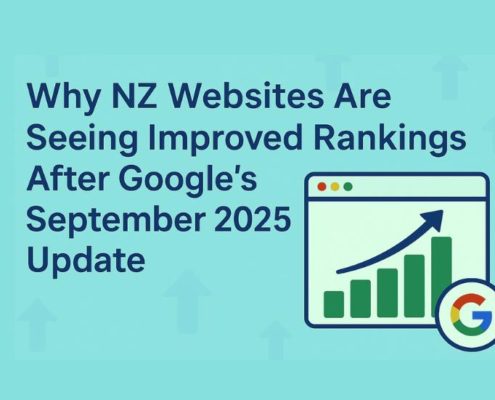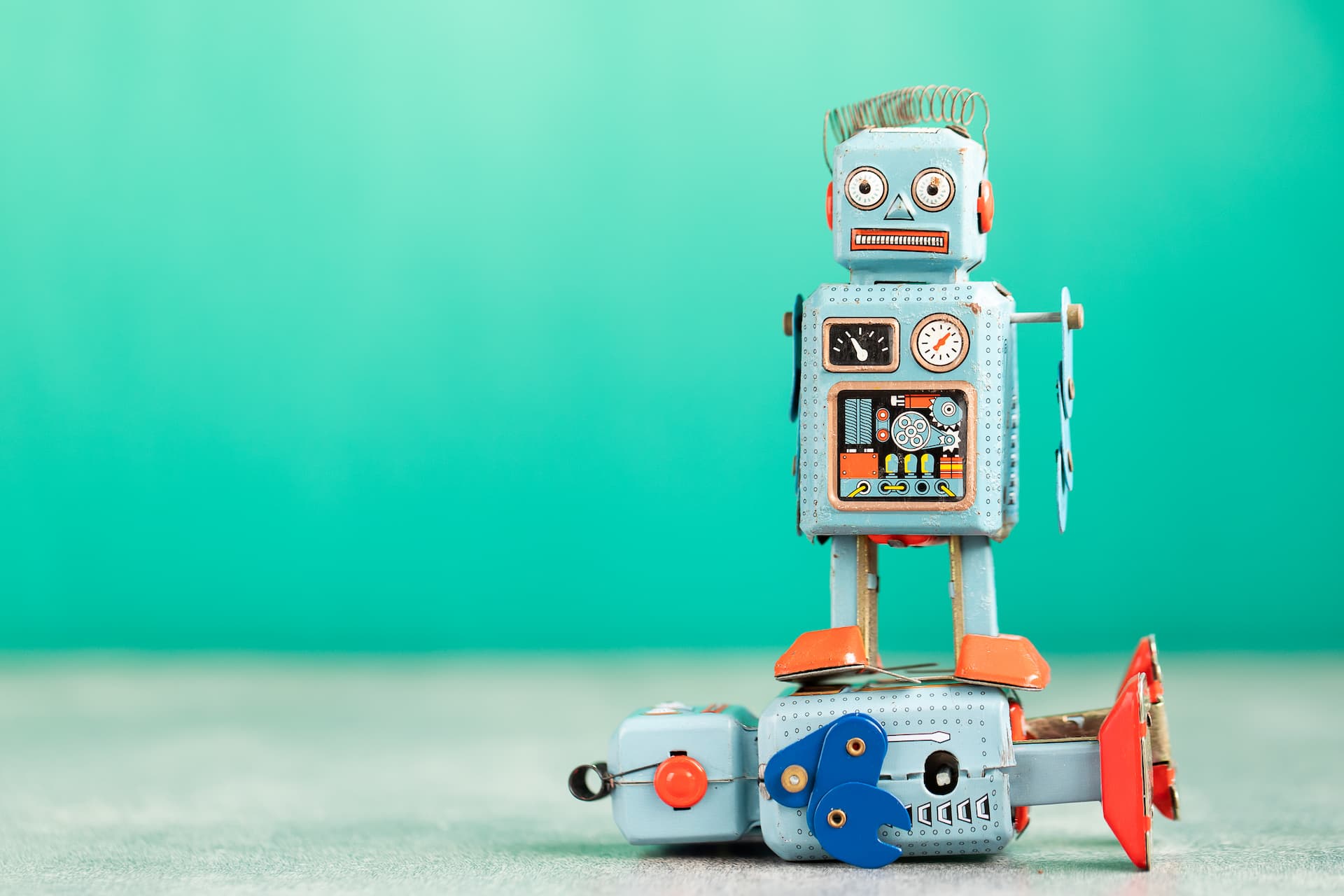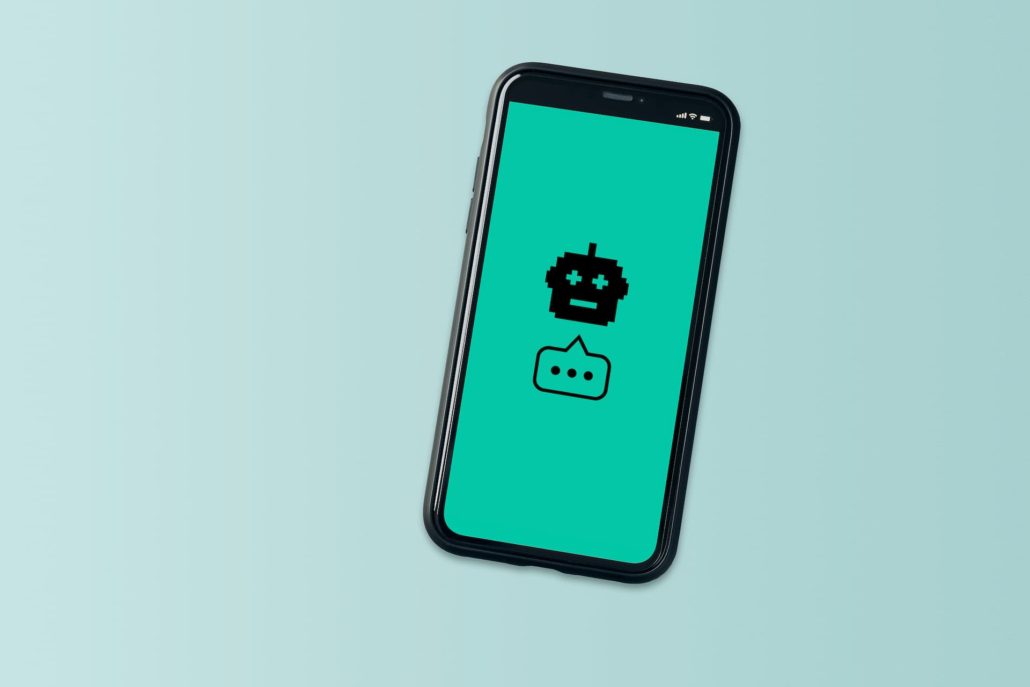In the ever-changing world of digital marketing, it’s important to stay ahead of the competition and know what’s going on in the space. The one technology that has played a significant role, is at the forefront of change, and currently being written about all over the media is Artificial Intelligence (AI).
Over the years, AI has evolved from being a simple tool for automation to one that can give a strategic advantage for businesses in the digital marketing landscape. At Happy Monday we’ve always assessed and trialed the latest in AI technologies and we have seen a definite explosion of tools and their capabilities over the last 18 months.
In this blog, we’ll explore the changing role of AI in digital marketing and how it has changed the way a business can reach, understand and engage with their existing and potential customers.
1. The Emergence of AI in Digital Marketing
The journey of AI in digital marketing began with its initial application in basic automation tasks. Early adopters used AI-powered chatbots for customer service (many of these were VERY frustrating to use), recommendation systems to enhance user experience, and automated email marketing campaigns.
These different applications brought efficiency and personalisation, but they were limited in their scope and lacked the sophistication needed to deliver significant competitive advantage.
Meanwhile in the background, Google was continuing to hone the machine learning built into their Adwords platform, offering higher and higher degrees of automation to improve conversions from customer campaigns, without every tweak or adjustment having to be made manually.
2. AI-driven Data Analytics
As data continued to explode, marketers all over the world realised the need for advanced analytics to extract valuable insights from vast amounts of information. AI became the answer to this challenge, as it could process data at unprecedented speeds and uncover patterns and trends that us mere humans could not pick up.
AI-driven data analytics empowered marketers to understand customer behaviours, preferences, and pain points more comprehensively, enabling them to optimise their marketing strategies accordingly.
The introduction of GA4 by Google and sunsetting of Universal Analytics in July 2023 is one to watch. The claim is that the AI behind the system will offer many more insights for users. It’s early days yet so we continue to ‘watch this space’ on this one.
3. Personalisation and Customer Experience
One of the most transformative impacts of AI in digital marketing has been in the area of personalisation and the end user experience. AI-powered recommendation engines, fuelled by machine learning algorithms, analyse customer data and can spit out tailored product suggestions, content suggestions and advertisements.
This level of personalisation has dramatically increased customer engagement and conversion rates as communication has become more relevant for them. On top of this, AI-driven chatbots have become more advanced, providing real-time, personalised support to users, which in turn enhances customer satisfaction and loyalty.
4. Predictive Marketing
Not to be confused with that painful predictive texting that keeps making mistakes in our text messages, the ability of AI to predict customer behaviour has been a game-changer for marketers.
By analysing historical data and identifying patterns, AI can forecast customer preferences, purchasing behaviours, and even potential retention rates of particular customer groups.
Armed with this knowledge, businesses can proactively develop marketing campaigns and strategies that resonate with their audience, leading to improved Return on Investment and reduced marketing waste.
 https://happymonday.co.nz/wp-content/uploads/2025/10/Why-NZ-websites-are-improving-search-rankings-small.jpg
551
1050
Karen
https://happymonday.co.nz/wp-content/uploads/2021/04/[email protected]
Karen2025-10-21 17:15:392025-12-03 12:07:38Why Are Many NZ Websites Seeing Improved Organic Rankings After Google’s September 2025 Update?
https://happymonday.co.nz/wp-content/uploads/2025/10/Why-NZ-websites-are-improving-search-rankings-small.jpg
551
1050
Karen
https://happymonday.co.nz/wp-content/uploads/2021/04/[email protected]
Karen2025-10-21 17:15:392025-12-03 12:07:38Why Are Many NZ Websites Seeing Improved Organic Rankings After Google’s September 2025 Update?![]()
![]()






